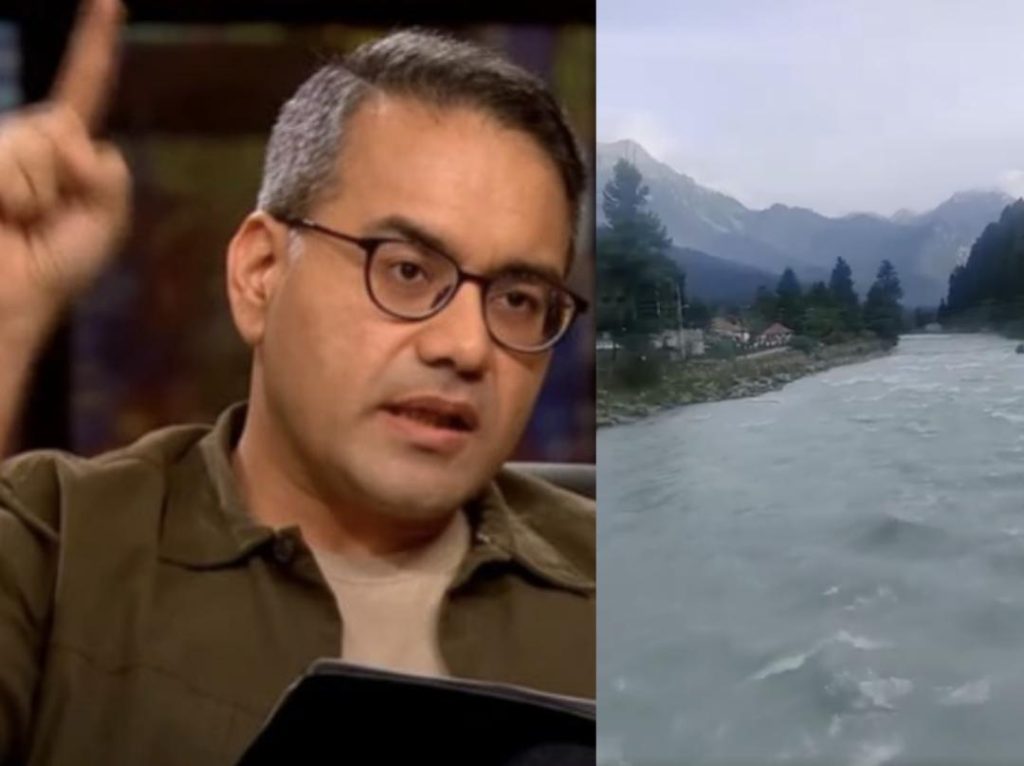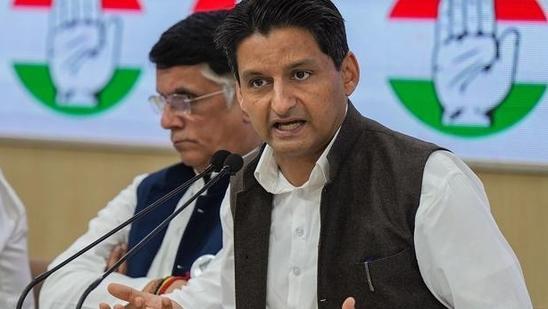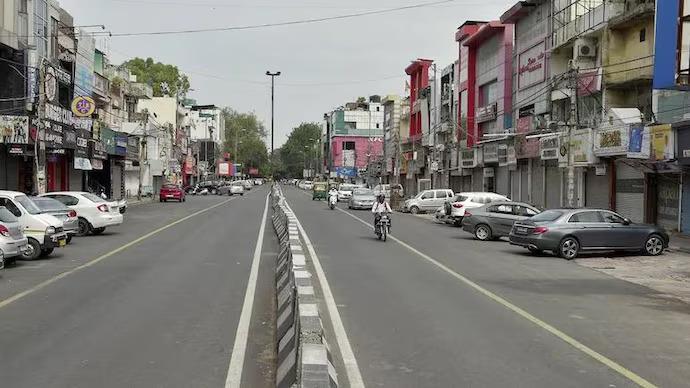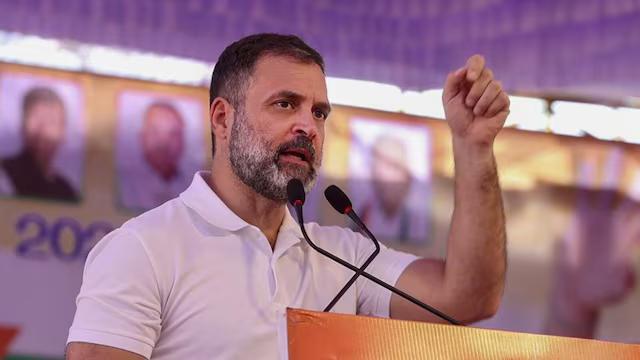
Title: Will Stop Urging People to Visit Kashmir, Not Worth the Risk: Kunal Bahl
In a recent post on social media, Snapdeal Co-founder Kunal Bahl shared breathtaking visuals from his recent trip to Pahalgam, Kashmir. Alongside the pictures, he penned a heartfelt message, expressing his thoughts on the current situation in the valley. Bahl, who has always been an advocate for visiting Kashmir and experiencing its beauty and culture, took a sudden turn and decided to retract his stance. He wrote, “Despite people’s fear of going to Kashmir, I’ve always been the voice that’s been telling those around me to go experience its beauty, culture. I’ll stop doing that now. Not worth the risk.”
Kashmir, a paradise on earth, has been grappling with turmoil and unrest for decades. The region has witnessed numerous attacks, protests, and security operations, which have left a lasting impact on the local population. The situation has become so fragile that even a casual trip to the valley can be a daunting task. As a result, many people have become increasingly cautious about visiting Kashmir, fearing for their safety and well-being.
Bahl’s decision to stop urging people to visit Kashmir is a significant development, considering his previous advocacy for the region. As the co-founder of Snapdeal, one of India’s largest e-commerce platforms, Bahl has always been passionate about promoting tourism and entrepreneurship in Kashmir. He has often spoken about the region’s untapped potential and the opportunities it offers for growth and development.
However, in his recent post, Bahl seemed to acknowledge the harsh reality of the situation. He may have realized that, despite his best efforts, the risks associated with visiting Kashmir outweigh the benefits. The region is still reeling from the aftermath of the Pulwama attack, which killed over 40 CRPF jawans and sparked a wave of outrage across the country. The incident has further polarized the situation, making it even more challenging for tourists to visit the region.
Bahl’s decision to stop urging people to visit Kashmir is not just a personal choice but also a responsible one. As a public figure, he has a significant following and influence, which can be used to shape public opinion. By retracting his stance, Bahl is sending a clear message that the risks associated with visiting Kashmir are too high to ignore.
This decision also raises questions about the safety and security of tourists in Kashmir. The region has seen a significant drop in tourist arrivals in recent years, largely due to the ongoing turmoil. The government has taken several measures to boost tourism, including the launch of the “Visit Kashmir” campaign, but the efforts have yielded limited results.
The situation in Kashmir is complex and multifaceted, with multiple stakeholders and interests at play. The region is caught in a cycle of violence, with militant groups, security forces, and local residents all caught in the crossfire. The government has been trying to maintain peace and stability, but the situation remains fragile.
In the face of such uncertainty, Bahl’s decision to stop urging people to visit Kashmir is a pragmatic one. Rather than encouraging people to take unnecessary risks, he is advising them to prioritize their safety and well-being. This approach is not only responsible but also shows that Bahl is willing to listen to the concerns of his audience and adapt to the changing circumstances.
While Bahl’s decision may disappoint some who were looking forward to visiting Kashmir, it is a necessary step towards promoting responsible tourism. The region needs to be approached with caution and sensitivity, taking into account the security concerns and local sentiments.
In conclusion, Kunal Bahl’s decision to stop urging people to visit Kashmir is a significant development that reflects the harsh realities of the situation. As a public figure, he has a responsibility to promote responsible tourism and prioritize the safety and well-being of his audience. The region may have its beauty and charm, but the risks associated with visiting Kashmir are too high to ignore. Bahl’s decision is a reminder that, sometimes, it is better to err on the side of caution and prioritize the greater good.






